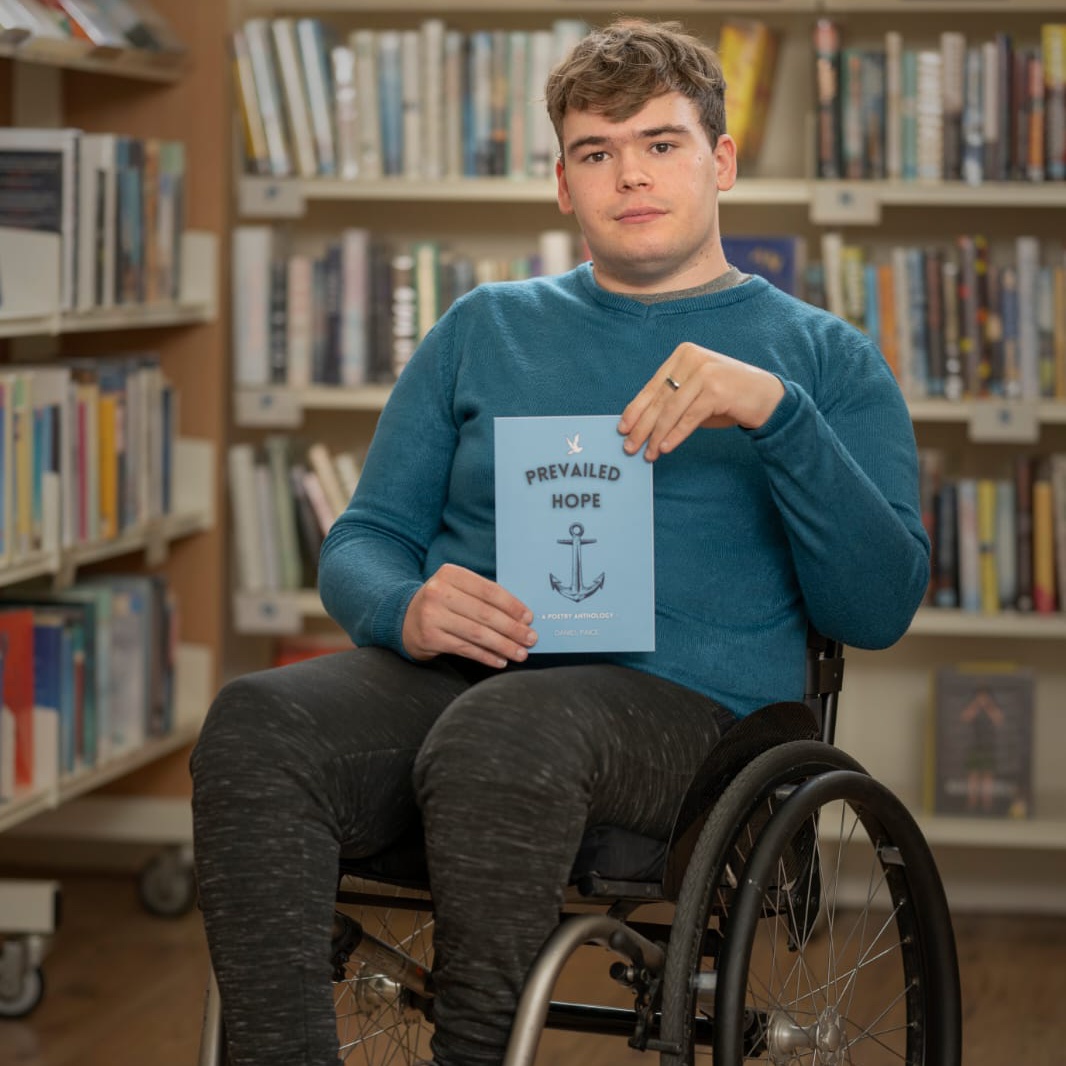Interview miniseries: Jennie Verleg
- Daniel Paice

- Jun 29, 2021
- 4 min read
As part of this mental heath interview series, I asked participants to take their pick of six questions out of twenty, and then answer them in as much or as little detail as they want.
To check out more about Jennie and Hand on Mindfulness, click the link to her LinkedIn page: https://www.linkedin.com/in/jennie-verleg-hands-on-mindfulness
How can you tell if someone is struggling with their mental health?
I think the problem is that often you can’t because it is so stigmatised and misunderstood. Sometimes we deny even to ourselves that something is wrong because we believe we are not the sort of person that has “mental health”. Sometimes we hide or bury what we are feeling and thinking because we believe we will be judged. I ask the people I teach to be aware of their body telling them things are not right. Maybe stomach aches, maybe feeling constantly irritable, maybe avoiding certain situations or unable to make decisions. It is personal, so I try not to assume anything. Creating a space where they feel safe to talk about it is a good start.
What small thing have you done today to help someone?
We may not always notice it but we all do small things to help others. Today I’ve made some phone calls to help my family, given a nice review online and this afternoon I’ll be taking a break after a hectic week so that I’m fully charged and able to help to the best of my abilities next time I’m needed.
What is one thing you wish everyone understood about mental health?
There is no difference between “mental” and “physical” health. Our thoughts and emotions are a product of our nervous system and brain. If we don’t sleep then that can affect how we feel emotionally and therefore our choices and behaviour. If we are under constant stress that can have a negative effect on things like our internal organs. I wish that we were more holistic in our approach. I also wish that we considered everyday techniques for supporting emotional balance such as relaxation, compassion and pleasure as important as eating well and exercising. The “hippy” stigma around these things can prevent us from doing things that can improve our life and overall health.
What is the biggest mental health stigma you have come across?
Early in my life I was labelled a fat woman with mental health issues and that has been rolled out for everything that’s ever been wrong with me. The words “fat” “woman” and “mental health” have all been used to try and shame me. I have heard the words “its all in your head – you just need to pull yourself together and try harder” around hormone imbalance, paralysis, vertigo, miscarriage and even a broken ankle. This isn’t a sustainable approach to health care. In the long term this creates all sorts of issues that are more costly in terms of money, time, quality of life and health.
To what extent has mental health played a part in where you are today?
I did my degree in Health Psychology because I was fascinated by what makes us tick. Then of course I had to re-grow my life and my nerves after Guillain-Barre Syndrome and CFS. It’s cliche but loosing pretty much everything and coming back from that has made me a more focused and yet more easy-going person. I am more emotionally intelligent. I now trust my resilience, my experience and my goals.
What could institutions do to increase mental health awareness?
I don’t think it’s a case of awareness. Who hasn’t seen “top tips on how to deal with…” during the pandemic? I believe the the issues lies with Belief and Empowerment. You can tell someone what they can or even should do – that’s the easy part. Helping them believe that this applies to them and showing them how to do that is the hard part. I often see adverts and articles around Mental Health that feature celebrities, wealthy looking white people, beautiful people. For anyone who doesn’t look like that or doesn’t come from that background the temptation to think “well its OK for them but this doesn’t apply to me” is strong. We need more of a variety of role models from real life to overcome barriers in belief. Mental Health support can also be perceived as costly, time consuming, boring, stupid or scary. How do we reach people who wouldn’t normally access or engage with Mental Health support? I specialise in fun group classes that teach and actively practice micro habits that can be done for free, in very short time frames and by a variety of people as a way to overcome these barriers. I would like to see this approach of fun; everyday empowerment being adopted on a wider scale by institutions such as schools and the NHS.
– D








Comments